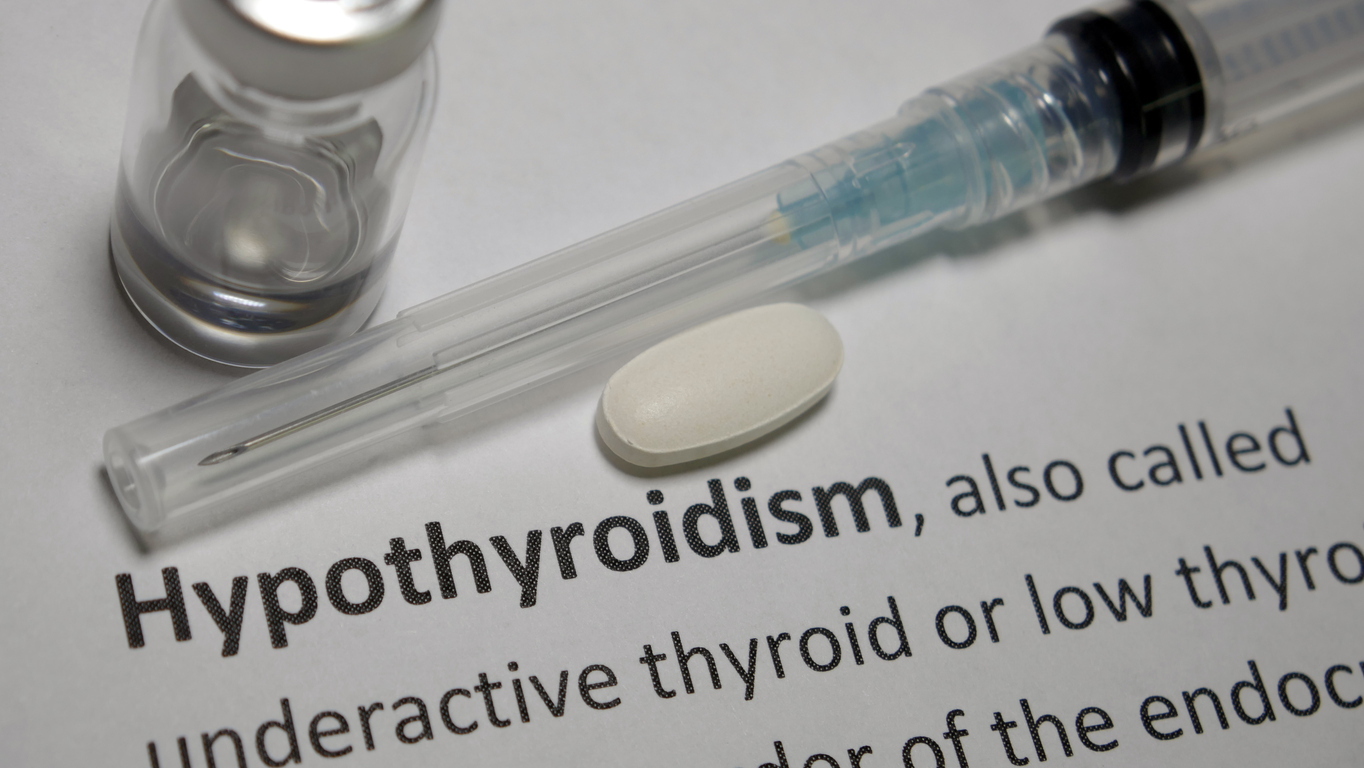Pain
Diagnosing Hypothyroidism

What is hypothyroidism?
Hypothyroidism, or underactive thyroid disease, is a common condition that occurs when the thyroid gland does not produce adequate amounts of the thyroid stimulating hormone. Located in the lower front portion of the neck, the thyroid gland releases a crucial hormone that travels through the bloodstream. Thyroid hormones are essential in controlling how cells use energy. Hypothyroidism can impact the body’s general functionality.
Diagnosing hypothyroidism
Other causes should be ruled out in order to diagnose hypothyroidism. A health care professional will perform a medical evaluation, blood tests, and other tests deemed necessary.
Medical evaluation
A medical history will be gathered and evaluated, including any family history of thyroid conditions. Symptoms, such as weight gain, fatigue, constipation, feeling cold, etc., will be discussed. A health care professional will assess physical signs, such as swelling in the neck, a slower heart rate, dry skin, and slowed reflexes.
Blood tests
Certain blood tests help determine the presence of hypothyroidism. Many of these blood tests can also aid in the treatment and management of the condition. They include the following:
- TSH test
The TSH test measures the amount of thyroid-stimulating hormone (TSH) created by the pituitary. High TSH levels indicate that the pituitary gland is overcompensating by boosting levels to increase the production of the thyroid hormone. - T4 test
T4 (thyroxine) is a hormone produced by the thyroid. Low levels of T4, especially in combination with high levels of TSH, suggest hypothyroidism. Subclinical hypothyroidism includes normal T4 levels in combination with high TSH. - T3 test
If T4 levels are normal, a T3 test will check triiodothyronine levels. Low levels of T3 could be symptomatic of hypothyroidism; however, they may also remain normal in cases of subclinical hypothyroidism. - Antibody test
An antibody test determines an autoimmune disease that may impact the thyroid function by looking for antibodies in the blood. Hashimoto’s thyroiditis is an autoimmune disorder.
Other tests
Additional testing may include the following:
- Stimulation or dynamic testing measures hormone levels after consuming certain medications that increase hormone production. They are typically performed at clinics specializing in endocrine disorders.
- Brain imaging, such as a CT (computerized tomography) test, detects pituitary issues, such as gland problems or tumors.
- Vision testing can determine impaired sight due to the growth of a pituitary tumor.










